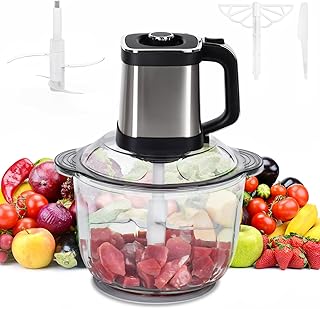A pet food processing plant in Victoria has made a surprising announcement, halting its dead stock pickup service for a significant portion of the region. The decision has left many dairy farmers in a difficult position, with limited alternatives for disposing of deceased animals. The sudden cessation of the pickup service has caught producers off guard, forcing them to consider on-farm methods like composting, burying, or burning as interim solutions.
Auld Stock Removalists, based in Stanhope, informed its clients that it would no longer be collecting live or dead animals from areas east of Shepparton, including parts of the NSW southern Riverina. The company specified that it would only continue to pick up live animals within a defined area of the Goulburn Valley. Dairy Farmers Victoria president Mark Billing expressed concern over the lack of advance notice given to farmers, making it challenging for long-standing clients to adjust to the abrupt changes.
One of the directors of Auld, operating under the name ‘Loc’, acknowledged the suspension of pickups and indicated that the company was facing regulatory issues with Agriculture Victoria and the Environmental Protection Authority. ‘Loc’ expressed hope that the interruption in service would be temporary and mentioned ongoing collaboration with government bodies to resolve the situation. The uncertainty surrounding the dead stock pickups has created a ripple effect among farmers who rely on such services for efficient disposal.
The Victorian government has acknowledged the apprehensions expressed by farmers in northern Victoria regarding the disruption in the local knackery service. The implications of these changes on the management of dead stock have raised significant concerns within the agricultural community, underscoring the importance of reliable pickup services for farmers.
This development underscores the critical role that pickup services play in the agricultural sector, particularly in regions where farmers heavily rely on external assistance for managing deceased livestock. The sudden halt in dead stock pickups serves as a reminder of the challenges faced by farmers in ensuring proper disposal methods and highlights the need for contingency plans in the event of service disruptions.
Industry experts emphasize the importance of proactive communication and collaboration between service providers and regulatory authorities to prevent such abrupt interruptions in essential services. The incident serves as a wake-up call for the agricultural sector to reassess its reliance on external services and explore alternative strategies for managing dead stock in times of unforeseen disruptions.
As farmers navigate the implications of the halted pickup service, there is a growing recognition of the need for diversified solutions and contingency plans to mitigate the impact of service interruptions on farm operations. The incident sheds light on the interconnected nature of agricultural services and the critical role they play in ensuring the sustainability and efficiency of farming practices.
In conclusion, the suspension of dead stock pickups by the pet food plant in Victoria has underscored the vulnerabilities inherent in the agricultural supply chain and highlighted the need for resilient and adaptable farming practices. As farmers adapt to the changing landscape of service provision, collaboration and innovation will be key in ensuring the continued success and sustainability of the agricultural sector.
📰 Related Articles
- Xolair Approval Marks Milestone in Food Allergy Treatment Innovations
- Xerox Boosts Market Presence with Lexmark Acquisition, Stock Surges
- Woodside Energy’s Stock Surges on ASX, Signaling Recovery
- Why is TSE Tokyo Stock Exchange Closed for Children’s Day?
- Why Shanghai Stock Exchange is Key to China’s Global Financial Ambitions


![5-In-1 Electric Food Processor [800W Super German Motor] [6 Titanium Steel Blades] Suitable For Kitchens, Restaurants, And...](https://m.media-amazon.com/images/I/71hs7h6j36L._AC_UL320_.jpg)

![Electric Food Processor [6 Titanium Steel Blades] Is Suitable For Kitchens, Dining Rooms, And Home Kitchens. Meat Grinder,...](https://m.media-amazon.com/images/I/71sonpDM+SL._AC_UL320_.jpg)

